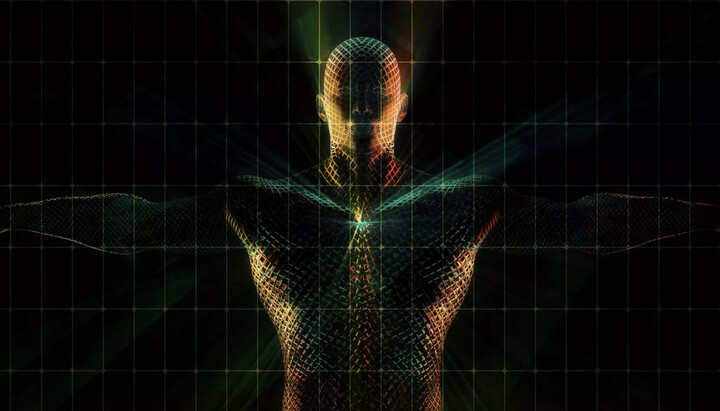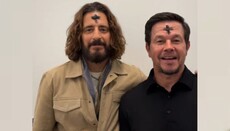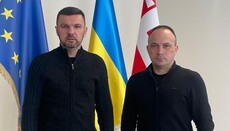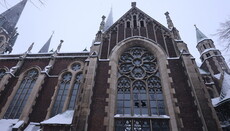Scientists discover a third state between life and death, media report

Modern science has approached the threshold of discovering a new state of body cells that exists between life and death.
Research by Professor Peter Noble from the University of Washington and Alex Pozhitkov from the City of Hope National Medical Center in California has shown that cells after the death of an organism are capable of activating hidden potentials, writes Euronews.
According to their data, cells of a dead organism, provided with nutrients, oxygen, or bioelectrical signals, can reorganize and even acquire entirely new functions that were inaccessible to them during life.
For example, frog skin cells after death can self-organize into multicellular structures called "xenobots." They begin spontaneous movement and are capable of adapting in artificial conditions like Petri dishes.
Scientists have also discovered that human lung cells after death can unite and create new structures, which have been named "anthrobots".
These discoveries cast doubt on the established notion that cells completely disintegrate after death. The ability for self-repair and adaptation depends on the environment, the metabolic activity of the cells, and their preservation methods.
It turns out that even after death, different types of cells have varying timeframes to preserve their viability. For example, human leukocytes usually remain active for up to 86 hours, mouse muscle cells can regenerate for up to 14 days, and fibroblasts from sheep and goats can be implanted after a month.
Research in this area has been ongoing for over 15 years, and initially, the scientific community met it with skepticism. However, starting in 2017, scientists discovered that about a thousand genes remain active in fish and mice after death. This discovery provided new impetus in understanding the biological processes occurring after the death of an organism.
Professor Noble and Alex Pozhitkov believe that this discovery could lead to revolutionary breakthroughs in regenerative medicine and immunology. They suggest that such research could not only help in tissue repair after injuries but also require a re-evaluation of legal definitions of death.
"We stand on the threshold of understanding fundamental questions about life and death," the scientists conclude.
As previously reported, more than half of Ukrainians have a positive attitude towards cremation.











